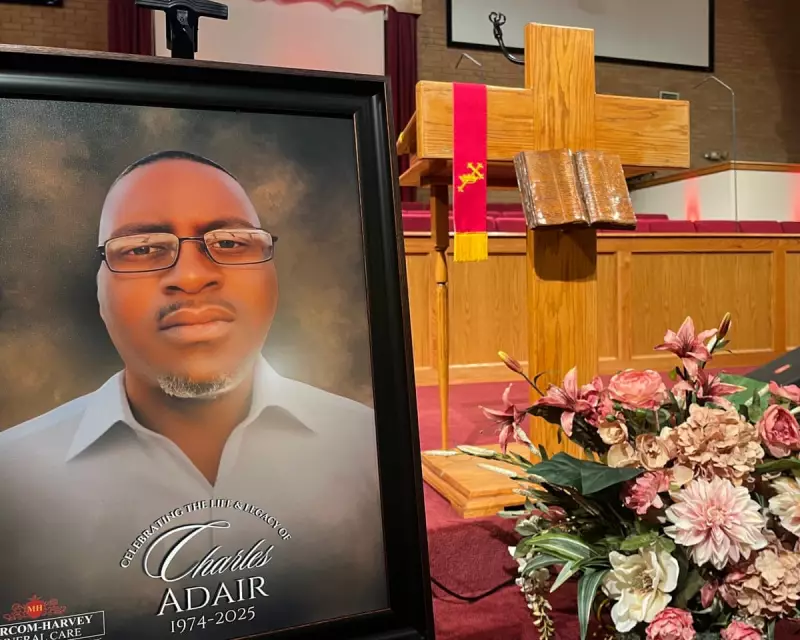
A sheriff's deputy in Kansas is facing serious criminal charges following the death of a Black inmate in custody, a case that has reignited debate around the controversial medical diagnosis of 'excited delirium'.
Sedgwick County Sheriff's Deputy Joseph R. Knopp has been charged with involuntary manslaughter over the death of 30-year-old Deontre Yarbrough. The incident occurred on September 8th while Yarbrough was being held at the county detention facility.
The Controversial Diagnosis
Court documents reveal that the defence is expected to argue Yarbrough died from 'excited delirium', a term rejected by numerous major medical associations including the American Medical Association and the American Psychiatric Association.
This disputed condition has frequently been cited in custody death cases across the United States, particularly involving Black men who have died after encounters with law enforcement.
Details of the Incident
According to official reports, the altercation began when Knopp attempted to remove Yarbrough from his cell. The situation escalated when Yarbrough allegedly resisted, leading to a physical confrontation.
The charging affidavit states that Knopp "placed his knee on Yarbrough's upper back, neck, and head area while Yarbrough was in a prone position". This restraint method bears similarity to techniques that have drawn scrutiny in other high-profile custody deaths.
Medical Response and Aftermath
Emergency medical services were summoned to the scene, but despite their efforts, Yarbrough was pronounced dead. The case has drawn attention from civil rights advocates who question the use of 'excited delirium' as a justification in custody deaths.
Sedgwick County Sheriff Jeff Easter stated that his office is "fully cooperating with the investigation" while emphasising that the department expects all employees to adhere to professional standards.
Broader Implications
This case emerges amid ongoing national scrutiny of law enforcement practices and custody deaths. The use of 'excited delirium' as a diagnosis has become increasingly controversial, with several states moving to ban its use in official death investigations.
Knopp has been placed on administrative leave pending the outcome of the legal proceedings. If convicted, he could face significant prison time for the felony charge.





